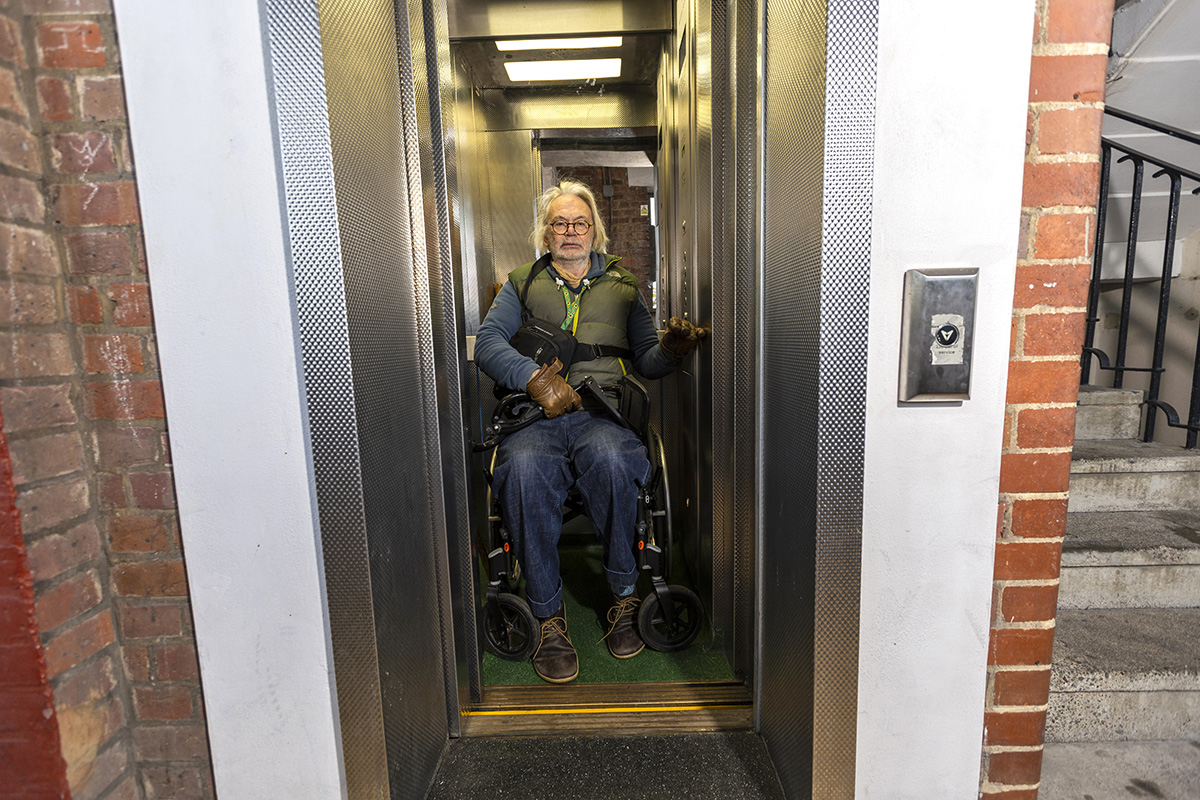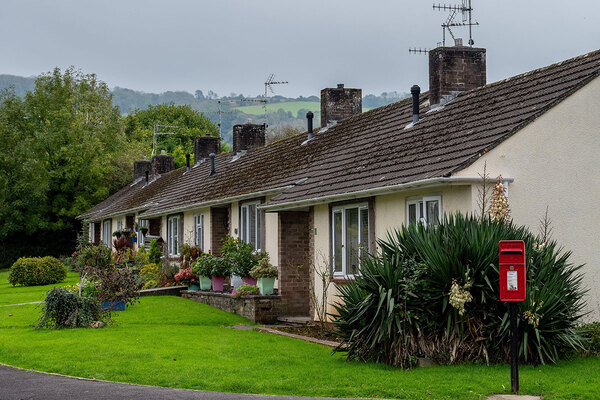You are viewing 1 of your 1 free articles

Louise Drew is partner and head of building communities at Shakespeare Martineau
The sector must adopt a positive, benefits-focused approach to describing older people’s housing
Public perceptions about older people’s housing are negative, and this has been reinforced by the pandemic. It is time to change the way we describe it, says Louise Drew
New research from law firm Shakespeare Martineau has highlighted a significant gap between public perception and the reality of the retirement housing sector, holding many people back from right-sizing.
So, what are the key issues that the sector needs to overcome and how can a benefits-focused approach to marketing and targeting help make retirement housing aspirational, rather than a sign of crisis?
According to a consumer survey of 2,000 UK adults and 100 representatives from retirement housing providers, one in three members of the public believe retirement housing schemes are synonymous with “old people’s homes”.
What’s more, when asked about the type of people who would benefit from this kind of housing, the public generally reinforced the stereotype of a “lonely, single older person with health issues”.
Such misconceptions have regrettably been exacerbated by the high mortality rates of care-home residents during the coronavirus pandemic, which have tarnished the sector’s reputation.
The findings also revealed a poor understanding of the services that retirement housing schemes commonly offer and a lack of awareness that their benefits often exceed expectations. For example, while 76% of the public was confident such housing offered a safe and secure place to live, only 28% agreed that retirement housing offers good value for money.
“One of the most important steps needed to transform the public’s image of retirement housing is to demystify the idea that it is synonymous with ‘old people’s homes’ and ‘care homes’”
There is also a clear need for marketing activities to focus more on the benefits of retirement housing schemes, which could play a significant role in opening them up to more people. It could be argued that there is an ageism issue in the sector, which has typically relied on a dependency model to attract new residents.
The common use of labels such as ‘older people’ perpetuates the misconception that moving into a retirement housing scheme is a sign of crisis, rather than being a positive and aspirational lifestyle choice. One of the most important steps needed to transform the public’s image of retirement housing is to demystify the idea that it is synonymous with ‘old people’s homes’ and ‘care homes’.
This will involve ensuring that information distributed by providers reflects the true diversity of the market and caters for the varied needs of the community. As part of this process, providers should also be mindful of the growing number of people who lack a wider family support network and must make decisions themselves.
However, tackling negative perceptions in the wider property sector will also be key. Effectively educating planners, planning committees, developers and local authorities on the benefits of retirement housing schemes will also help to prevent retirement housing slipping down the agenda of developers, who may regard it as being less profitable than other kinds of development.
In order to improve consumer sentiment towards retirement housing schemes, clearer communication and education about housing choices for later life will also be crucial. This could include opening the doors of schemes for public use to create a positive dialogue around them and improve understanding of what they offer.
Rather than making scheme descriptions exclusive to ‘older people’, the sector should also focus on ensuring that they are inclusive and benefits-led.
“When developing marketing strategies, careful consideration should be given to the language used to describe retirement housing schemes”
Providing the public with greater cost transparency should also be a priority. For example, there is a common concern that some schemes may become expensive as a result of service charges, including the cost of upkeep for extensive communal facilities and equipment when potential residents are on fixed incomes.
When developing marketing strategies, careful consideration should be given to the language used to describe retirement housing schemes. In order to improve public understanding of the different housing options available within the sector, it will be important to clarify the services available and the purpose of each scheme type.
All industry stakeholders should also aim to use simplified and positive terms, which should address costs, profiling and services, as well as giving clarity on what each product is and who it is for. Condensing the number of terms used across the sector and ensuring they are used consistently will also help to increase public recognition and confidence.
While retirement housing will not be suitable for everyone, improved visibility and information about the benefits and services such schemes provide is vital, enabling people to make an informed decision about the right type of accommodation for them.
By adopting a positive, benefits-focused marketing and targeting approach, the sector can break down the brick walls of public misconceptions and promote retirement housing schemes as aspirational places to live.
Louise Drew, partner and head of the building communities team, Shakespeare Martineau











